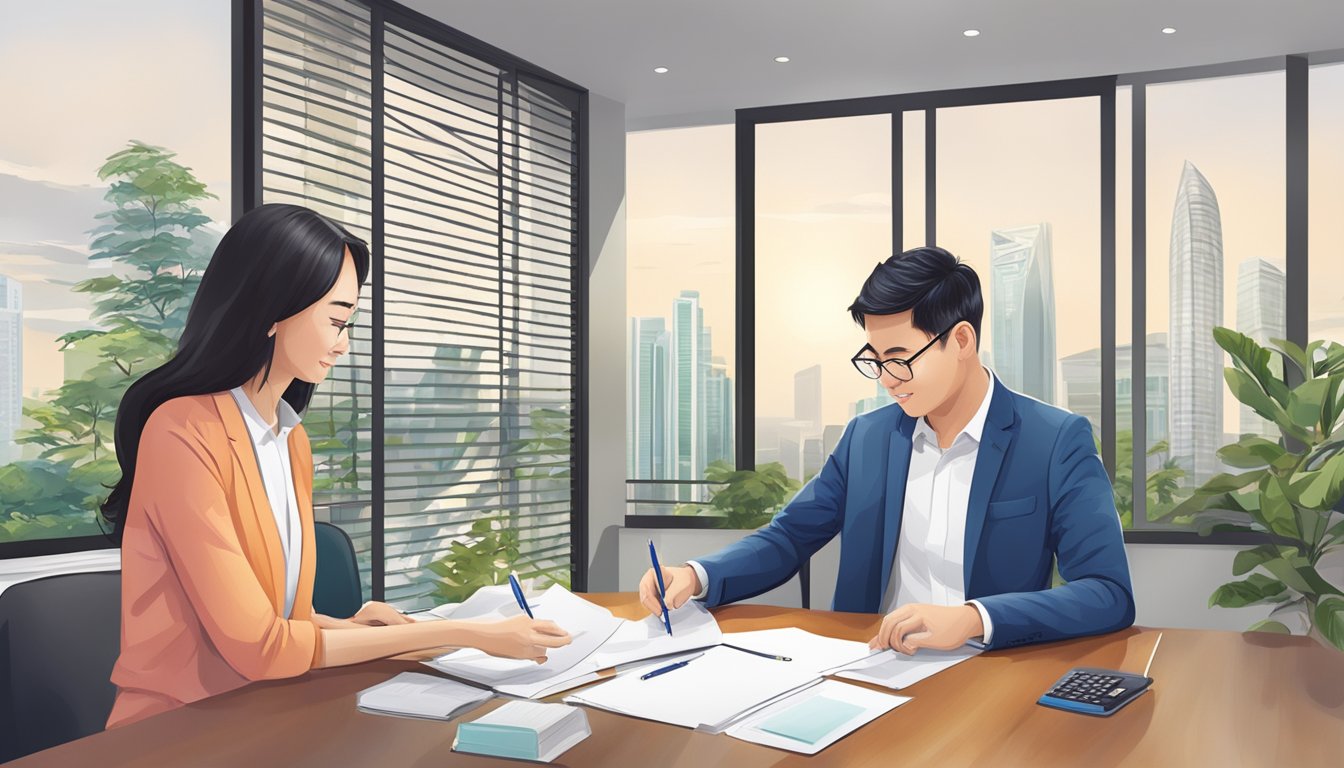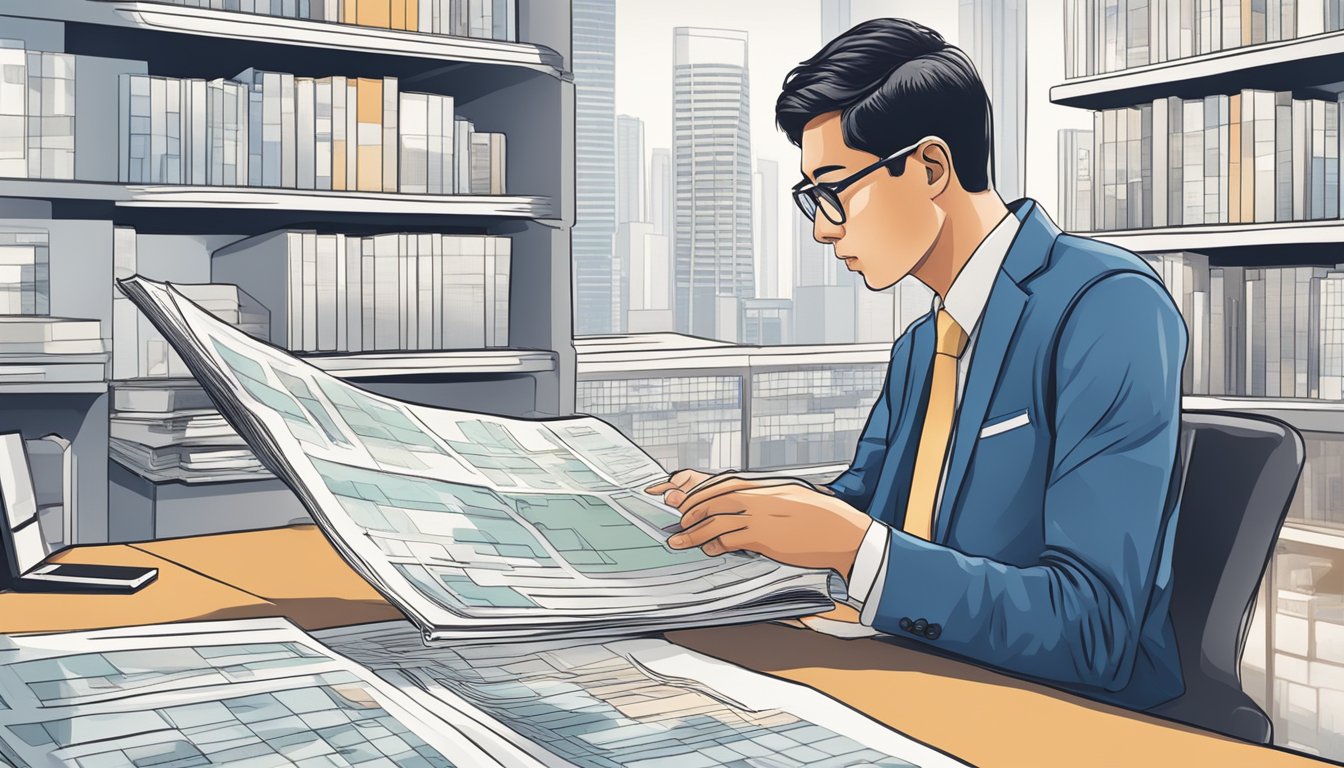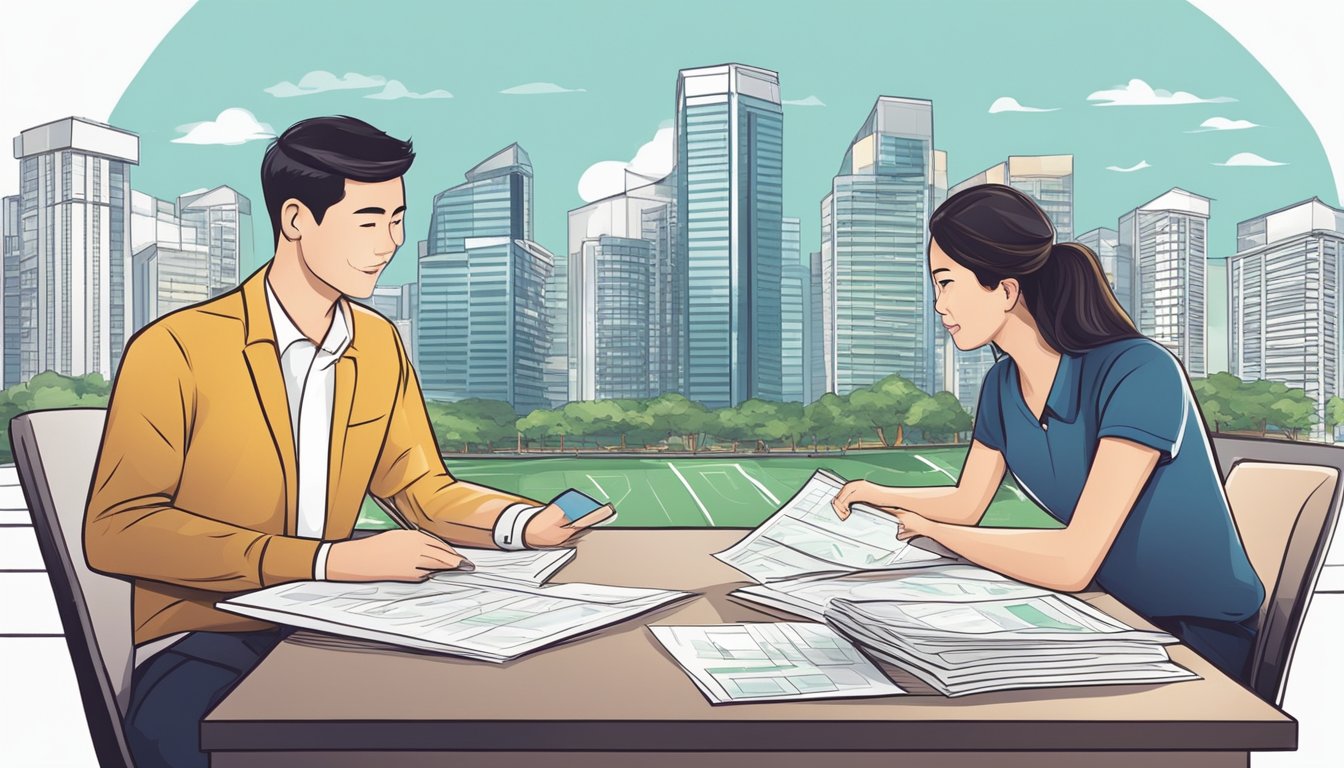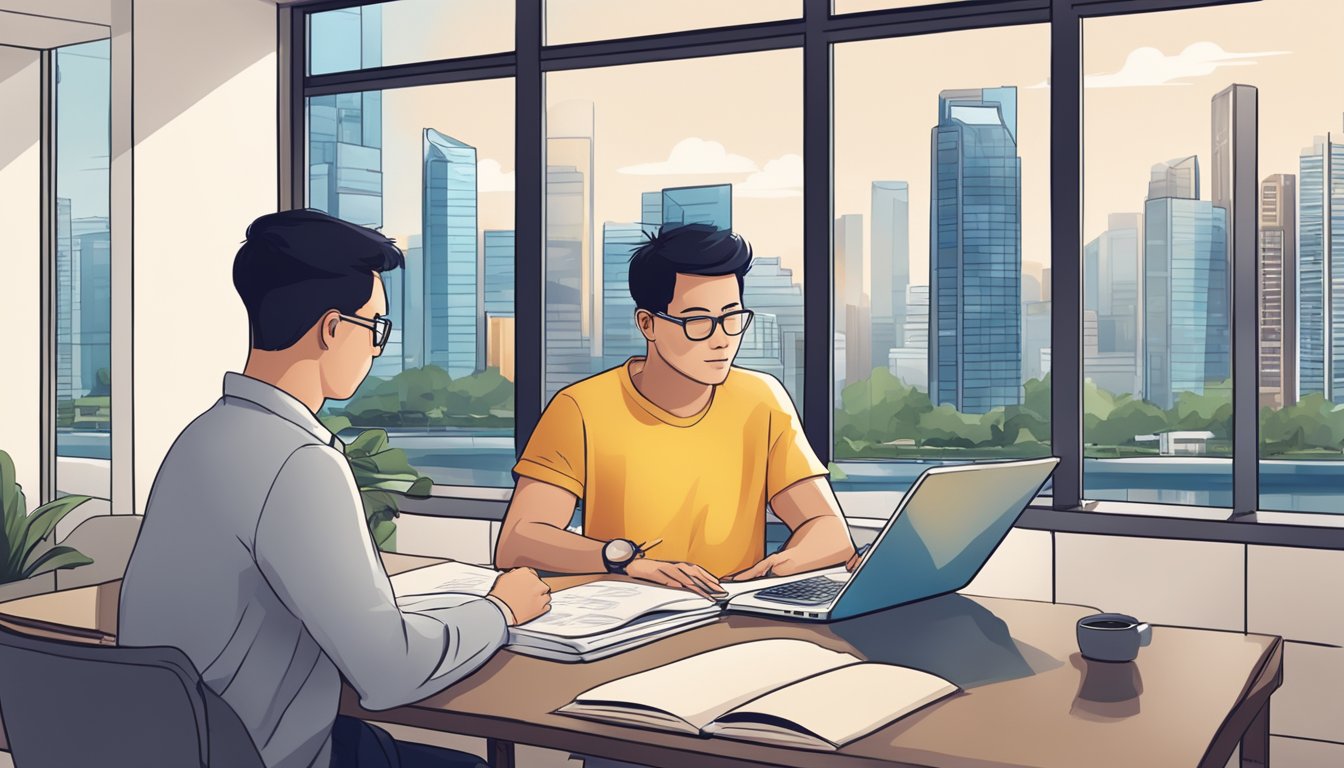If you’re considering buying a second property in Singapore, there are several things you need to know to make an informed decision. While owning a second property can be a great investment opportunity, it’s important to understand the financial implications of such a purchase and explore different property types and investment strategies to determine what’s right for you.

One of the most significant financial implications of buying a second property in Singapore is the Additional Buyer’s Stamp Duty (ABSD). Singaporeans and Permanent Residents (PRs) who purchase a second property are subject to higher taxes, while foreigners are required to pay even more. As such, it’s important to factor in the ABSD when determining whether a second property is a financially viable option for you.
When it comes to exploring different property types and investment strategies, there are several options to consider. For example, you might choose to purchase a second property as a rental investment, or you might opt for a second home for personal use. Additionally, you’ll need to weigh the pros and cons of different investment strategies, such as flipping properties for quick profits versus holding onto them long-term for rental income.
Key Takeaways
- Buying a second property in Singapore comes with significant financial implications, including the Additional Buyer’s Stamp Duty (ABSD).
- There are different property types and investment strategies to consider, such as rental investments or second homes for personal use.
- It’s important to weigh the pros and cons of different investment strategies to determine what’s right for you.
Understanding the Financial Implications

If you are considering buying a second property in Singapore, it is important to understand the financial implications involved. In this section, we will discuss three key areas that you should consider before making a purchase: assessing affordability and eligibility, tackling Additional Buyer’s Stamp Duty (ABSD), and calculating Loan-to-Value (LTV) Ratio and Downpayment.
Assessing Affordability and Eligibility
Before purchasing a second property, you need to assess your affordability and eligibility. This involves calculating your Total Debt Servicing Ratio (TDSR) to ensure that you can afford the monthly repayments. Additionally, you need to consider the minimum cash down payment required for the property type you are interested in. Singapore citizens and Permanent Residents (PRs) are eligible to purchase a second property, while foreigners may face additional restrictions.
Tackling Additional Buyer’s Stamp Duty (ABSD)
One of the main financial implications of buying a second property is the Additional Buyer’s Stamp Duty (ABSD). The ABSD rates vary depending on your citizenship status and the number of properties you own. Singapore citizens and PRs are subject to lower ABSD rates than foreigners. It is important to factor in these costs when assessing the affordability of a second property purchase.
Calculating Loan-to-Value (LTV) Ratio and Downpayment
When purchasing a second property, you need to calculate the Loan-to-Value (LTV) Ratio and Downpayment required. The LTV ratio is the amount of money you can borrow based on the value of the property. The downpayment is the amount of money you need to pay upfront. The minimum cash down payment required is higher for second property purchases, and varies depending on the number of properties you own.
To summarise, buying a second property in Singapore involves a number of financial implications that you need to consider carefully. Assessing your affordability and eligibility, tackling ABSD, and calculating LTV ratio and downpayment are just a few of the key areas you need to be aware of. By doing your research and seeking professional advice, you can make an informed decision and ensure that your second property purchase is a sound investment.
Exploring Property Types and Investment Strategies

When it comes to buying a second property in Singapore, there are various property types to choose from, each with its own investment potential. Here are some things to consider when exploring property types and investment strategies.
Choosing Between Public and Private Properties
One of the first decisions you’ll need to make is whether to invest in public or private properties. Public housing, such as Build-To-Order (BTO) flats and resale HDB flats, tend to be more affordable and have a lower entry cost. However, they come with a Minimum Occupation Period (MOP) that must be fulfilled before you can rent them out or sell them. Private properties, on the other hand, offer more flexibility and higher potential returns, but come with a higher price tag.
Maximising Rental Yield and Capital Appreciation
To maximise your rental yield and capital appreciation, you’ll need to do your research and choose a property that is in high demand and has strong potential for growth. Look for properties in areas with good amenities, transportation links, and schools. Consider the type of property that will attract the most tenants, such as a studio apartment for singles or a family-sized unit for families. Keep an eye on market trends and demand to ensure you’re investing in a property that will hold its value over time.
Considering the Investment Horizon and ROI
When investing in a second property, it’s important to consider your investment horizon and expected Return on Investment (ROI). Are you looking to hold onto the property for the long-term, or are you planning to sell it within a few years? What is your expected ROI, and how does it compare to other investment opportunities? Consider the costs associated with owning the property, such as maintenance fees and property taxes, and factor these into your investment strategy.
By taking the time to explore different property types and investment strategies, you can make an informed decision that will help you maximise your rental yield and capital appreciation, while achieving your investment goals. Remember to always do your due diligence and invest with intention, to ensure you’re making the most of your investment properties.
Frequently Asked Questions

What’s the buzz about additional taxes when snapping up a second home in Singapore?
If you’re considering buying a second property in Singapore, you’ll need to be aware of the additional taxes involved. The Additional Buyer’s Stamp Duty (ABSD) is a tax that applies to the purchase of second and subsequent residential properties in Singapore. The ABSD rates vary depending on your profile, so it’s important to do your research before you start house hunting.
Curious about the downpayment needed for a second property purchase in Singapore?
When it comes to buying a second property in Singapore, you’ll need to have a substantial amount of savings to cover the downpayment. You’ll also need to factor in the ABSD, which can be a significant amount depending on your profile. It’s a good idea to speak to a financial advisor to get a better understanding of your financial situation and how much you’ll need to save to make your dream of owning a second property a reality.
Can you use your CPF savings to acquire a second property, and how does it work?
Yes, you can use your CPF savings to buy a second property in Singapore. However, there are certain conditions that need to be met, such as having sufficient CPF savings and meeting the Minimum Sum requirement. You’ll also need to make sure that you have enough cash on hand to cover the downpayment and ABSD.
Are there any special clauses for expats dreaming of owning a second property in Singapore?
If you’re an expat looking to buy a second property in Singapore, you’ll need to be aware of the restrictions that apply. Non-permanent residents are subject to higher ABSD rates, and there are also restrictions on the types of properties that can be purchased. It’s a good idea to speak to a real estate agent who has experience working with expats to get a better understanding of the process.
What’s the scoop on couples purchasing separate properties in Singapore? Is it possible?
Yes, it is possible for couples to purchase separate properties in Singapore. However, they will still be subject to the ABSD, and there are also restrictions on the types of properties that can be purchased. It’s important to speak to a real estate agent to get a better understanding of the process and the restrictions that apply.
Is investing in a second property in Singapore a savvy move?
Investing in a second property in Singapore can be a smart move if you have the financial means to do so. However, it’s important to do your research and make sure that you’re making a sound investment. You’ll need to consider factors such as location, potential rental income, and the current state of the property market. It’s a good idea to speak to a real estate agent or financial advisor to get a better understanding of the risks and rewards involved.




